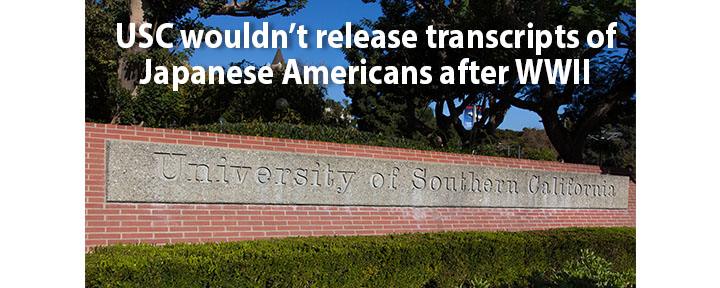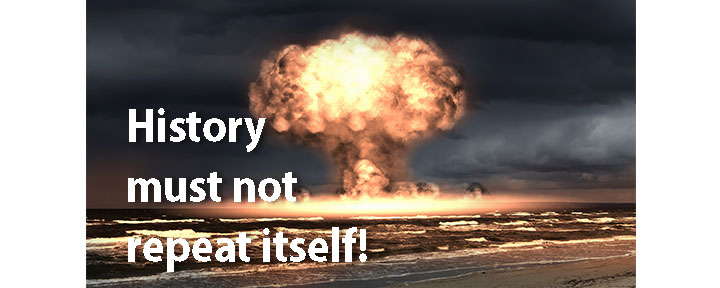
My entire extended Japanese American family was interned for over 3 years during WWII. I remember when I first learned about this from my grandfather, I was taken aback by his matter-of-fact tone as he told me how he dressed in his Sunday-best suit with his suitcase in hand and his family of 4 in tow, as he waited at the gates at the Manzanar Relocation Center. Listening to how he lost his home, his business, and his dignity, infuriated me.
Even when then-president Ronald Reagan paid $20,000 reparations to the living Japanese Americans who were interned during WWII (most had died by then), I felt that it was a day late and a dollar short… And now, USC just formally apologized for refusing to release transcripts of the 120 Japanese American college students (who were forced to drop out of college) so they could study elsewhere. For those who wanted to re-enroll at USC after the war, they were told that they would have to start over and that none of their credits would be honored. Disgraceful.
I realize that times were different back then, and so I take a deep breath and think that I am glad that they are offering posthumous degrees to all of their USC students who weren’t given the opportunity to gain that coveted college degree. It took almost 90 years to right the wrong, but I guess it’s never too late for an apology.

